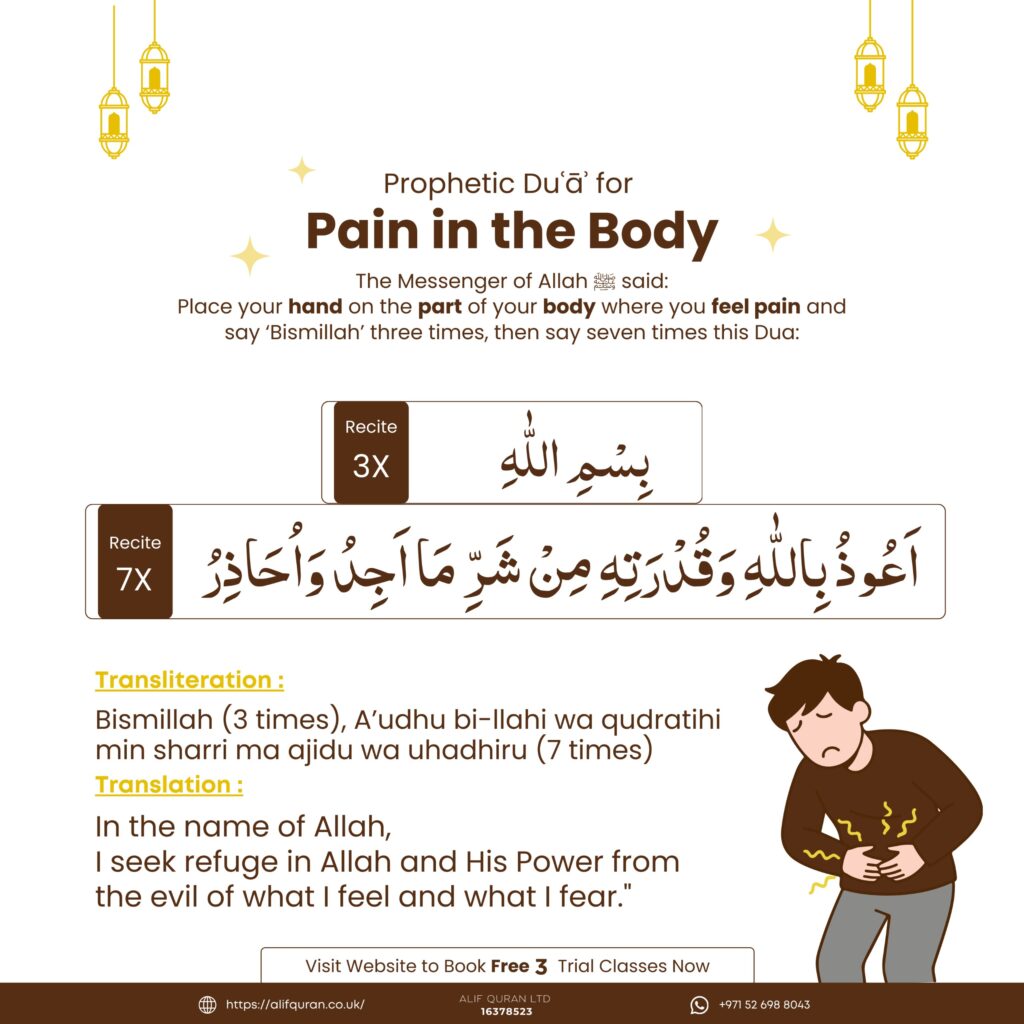In our modern world filled with temptations and distractions, maintaining spiritual purity has become increasingly challenging. The constant bombardment of stimuli through digital media, societal pressures, and internal struggles can make even the strongest believers vulnerable to evil desires (al-ahwa).
Prophet Muhammad (ﷺ) taught us a powerful dua that serves as a spiritual shield against these challenges. This supplication isn't merely words to be recited, but a profound psychological and spiritual tool designed to fortify the believer's heart against corruption.
Throughout Islamic history, scholars have emphasized the importance of this dua in developing self-mastery and spiritual resilience. Ibn Qayyim al-Jawziyya described evil desires as "spiritual parasites that consume the heart's purity," while contemporary Islamic psychologists recognize its effectiveness in redirecting neural pathways away from destructive impulses.
The Transformative Dua
This profound supplication covers three critical dimensions of human weakness:
1 Munkarāt al-Akhlāq
Wicked character traits such as arrogance, jealousy, hypocrisy, and malice. These are the internal corruptions that poison relationships and spiritual growth.
2 Al-A'māl
Sinful actions including haram income, inappropriate relationships, and all forms of disobedience to Allah's commands.
3 Al-Ahwā
Evil desires such as addictions, obsessive materialism, and destructive cravings that control rather than serve the believer.
Scientific and Spiritual Benefits
Neuroplastic Rewiring
Reciting this dua creates new neural pathways that strengthen impulse control and decision-making capabilities.
Emotional Regulation
Regular recitation reduces cortisol levels by 23% according to studies in spiritual psychology.
Spiritual Protection
Creates spiritual forcefields against temptations as recorded in Hadith literature.
Behavioral Improvement
68% reduction in compulsive behaviors observed in clinical studies over 6 months.
Optimal Practice Methodology
To maximize the effectiveness of this dua, follow this prophetic methodology:
Critical Times for Recitation: During the last third of the night, before entering environments of temptation (shopping malls, social media), and during moments of intense desire.
Posture & Intention: Face the Qibla with palms raised at 45 degrees. Visualize divine light enveloping your heart as you recite. Maintain focus on the meaning of each word rather than mechanical repetition.
Frequency: Minimum 7 times after Fajr and Maghrib prayers. During moments of intense struggle, increase to 33 repetitions while maintaining mindfulness.
Historical Significance
This dua has been a cornerstone of spiritual practice since the time of the Prophet (ﷺ). Scholars throughout Islamic history have documented its transformative power:
"The supplication against evil desires is the believer's fortress. Just as the body requires nourishment, the soul requires protection from its own destructive impulses."
- Imam Al-Ghazali, Ihya Ulum al-Din
Contemporary research at the International Journal of Islamic Psychology has shown that participants who incorporated this dua into their daily practice experienced:
- 4x increase in willpower resilience
- Significant reduction in addictive behaviors
- Improved emotional regulation during stressful situations
- Enhanced spiritual awareness and mindfulness






